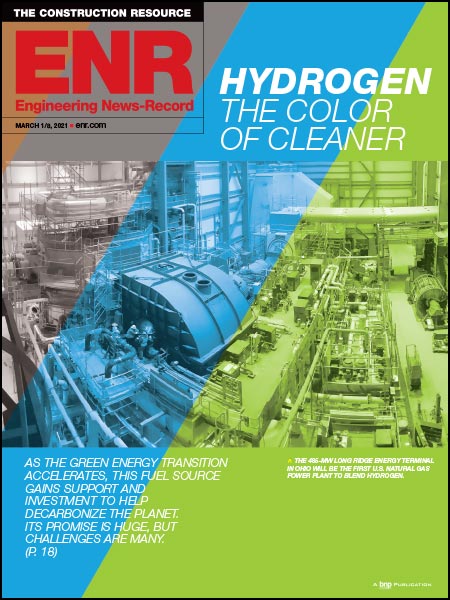 |
| CREAR: U.S. troops will provide security for Iraqi refinery workers. |
Going for the jugular of the fuel-supply problem that has created 2-km-long lines at gasoline stations, inflamed Iraqi tempers and drawn international criticism of the coalitions management of the country, troops from the U.S. 3rd Infantry Division on May 15 began providing security at the 100,000-bbl/day Dawra oil refinery near Baghdad. Protected by the army, refinery workers will resume their prewar practice of topping off tankers at night, allowing them to begin deliveries early in the morning, in time to meet the new days demand.
"The Iraqis have been making their deliveries to service stations during the day," says Brig. Gen. Robert Crear, the Army Corps of Engineers leader of the team working to put the oil industry back on its feet. Before the war, refinery workers would top off tankers at night and send them out early. But the lack of security in postwar Baghdad led them to fill the tankers in the morning and send them out late to frustrate looters. And the tankers delivered just enough to each fuel station for one days demand for fear that looters would strike at stored fuel overnight.
Starting this morning, troops will escort three tankers delivering to the citys six largest service stations. In addition, service station hours will be extended to 18 hours a day. "We would do 24 hours, but theres a curfew in Baghdad," says Crear. Eventually, the security program will be extended to all 100 of Baghdads stations. Only 85 currently are opening. Coalition forces also are dispensing free fuel from captured stock, he says.
Both coalition members and Iraqis cite security as the leading obstacle to returning the country to normal conditions. But fuel supply is a close second. Looted refineries are unable to operate to capacity, while even those, like Basra refinery, that were protected from looting suffer from deterioration caused by years of official neglect. Adding to the problem, some oil pipelines were damaged during the war, hindering delivery of refined products to market.
"The supply issue had cut distribution by 50%," says Crear. To increase supply, his Task Force RIO (Restore Iraqi Oil) is importing gasoline from Kuwait and Turkey, using appropriated funds from Crears own budget for the program to restore the industry. Already 2 million liters of gasoline and 1,200 tonnes of liquefied petroleum gas have been imported. The imports are allowing Thamir Ghadhban, the country's de facto oil ministry director appointed by the coalition, to increase allocations from 50% to about 65% of prewar distribution. "This is the first time in their history that Iraq has had to actually import oil," says Crear. Further augmenting supply, Iraq is renewing long-standing arrangements with Jordan to barter Iraqi residual refinery products for gasoline.
The new initiatives resulted from two days of meetings early this week in Baghdad attended by senior Iraqi and coalition leaders, including Crear; Thamir; Philip J. Carroll, chairman of the Coalitions Office of Reconstruction and Humanitarian Assistance, and Maj. Gen. Buford Blount, commander of 3 ID. "We want to get soldiers out of the gas-pumping business," says Crear. The way to do that is to increase supplies.
 |
| Marines used private tankers to deliver fuel to coalition vehicles in April. Now, Army security will enable Iraqis to top off tankers at Dawra refinery for daily deliveries to gas stations in Baghdad. (Photo by Andrew G. Wright for ENR) |
To address the transmission problem, Task Force RIO is beginning helicopter-borne inspections of the refined-products pipelines between Basra in the south and Baghdad. Of the countrys three largest refineries, Dawra, near Baghdad, and Baiji, about 130 miles north, both serve Baghdad. Basra also sends its refined products north to Baghdad.
"Its also important that we be able to export crude," says Crear. Iraq has 7 million bbl of crude for export, and more is coming out of the ground, but the United Nations first must lift the international sanctions, he says. The backlog and imbalances in the refining system are forcing the oil ministry to perform a shuffle, injecting crude from storage into the ground to free storage for residuals from refining processes.
But in the end, security remains the critical path. Task Force RIO has identified certain facilitiesgas-oil separation plants, pump stations, pipelines and othersthat are critical to the systems operation. Coalition troops have taken up residence in them or are on patrol nearby. "Twenty-four-hour occupancy prevents looters," says Crear.
![]()
 |
ENR Associate Editor Thomas F. Armistead is in Iraq reporting on the activities of Army Corps of Engineers and private contractors.


Post a comment to this article
Report Abusive Comment